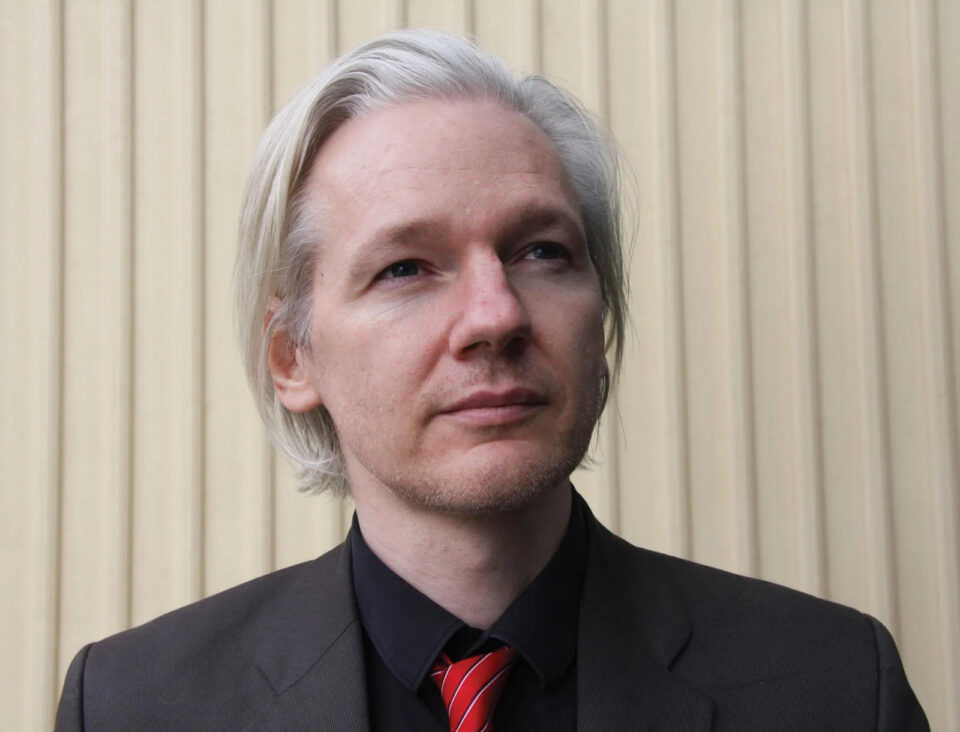Historically, poetry, song and literature have often been used as a means to propagate new ideas, social reform and to protest against injustice and oppression. They have triggered revolutions, helped overthrow many a despot and been instrumental in bringing about much needed change. Many of these poets, writers, thinkers and revolutionaries have gone on to become heroes, for their contribution to the social, political and cultural evolution of our civilization.
Some of the great protest songs that come to mind, include, the gospel based We Shall Overcome, Bob Dylan’s Masters of War and Times They are a Changing, Marvin Gaye’s What’s Going On and Edwin Starr’s War. Some were born out of the oppression, persecution and injustice suffered by the people under the ruling classes, while others have been triggered by specific events or ideas such as, Hurricane by Bob Dylan, Fortunate Son by Creedence Clearwater Revival, Free Nelson Mandela by The Specials, Killing in the Name by Rage Against the Machine, or Alright by Kendrick Lamar, to name a few.
In an ideal world, where lawmakers, administrators and industry, the people in power, are responsible, clean, transparent and non-corrupt and everything is open to public scrutiny, there is nothing to expose, everything is out in the open. In an ideal world you don’t need the likes of Julian Assange, or W Mark Felt, Woodword and Bernstein, or Serpico, or Sherron Watkins and Cynthia Cooper, Bradley Manning, Edward Snowden, etc.
But the real world is a far cry from the ideal. Most Governments, private and public institutions are often recklessly irresponsible, thrive on corruption, indulge in heinous criminal deeds and are necessarily opaque, because they have a lot to hide.
It is in this scenario that people like Assange or any of the others mentioned above become relevant. Through his efforts, Julian Assange, Founder of Wikileaks, the organization he founded to expose war crimes, corruption and human rights abuses and aided by former intelligence analyst, Chelsea (Bradley) Manning, published several secret documents that incriminated those in power.
With the result he has since been persecuted by those who feel threatened by what he had exposed. Isn’t what they did justified, when you consider the greater good. Don’t citizens have a right to know what is happening? Don’t governments themselves use the reason of greater good to justify many of their actions when it is convenient? You could say that technically the means used by Assange may have been illegal, but as a journalist wasn’t it his duty to expose the wrong doings?
No man or woman is infallible. So Julian Assange has his shortcomings but his journalistic endeavours cannot be called criminal. He believed in protecting freedom of speech, and the right to free expression and set about doing what he had to do.
Facing US extradition proceedings, he surrendered to the British police in 2010 but broke bail and sought asylum in the Embassy of Ecuador, where he remained for seven years, before he was jailed last month when Ecuador withdrew his asylum.
So why has no one thought of writing a song protesting the treatment meted out to Julian Assange. There have been movies and documentaries made about him but alas, no one has thought to write a song about this man who fought for human rights, freedom of expression, transparency and free flow of information.
Where are the great protest singers like Dylan, Joan Baez, Bruce Springsteen, Kendrick Lamar, or Morrissey? Had they been alive, maybe Phil Ochs or Pete Seeger or Lennon would have written one. With escalating global conflicts, intolerance, increased muzzling of the press and restrictions on the free flow of information on the net, wouldn’t it have been a timely reflection of our times?
Don’t you think he deserves a Song?-
-Stanley Paul & Pradeep Joseph

